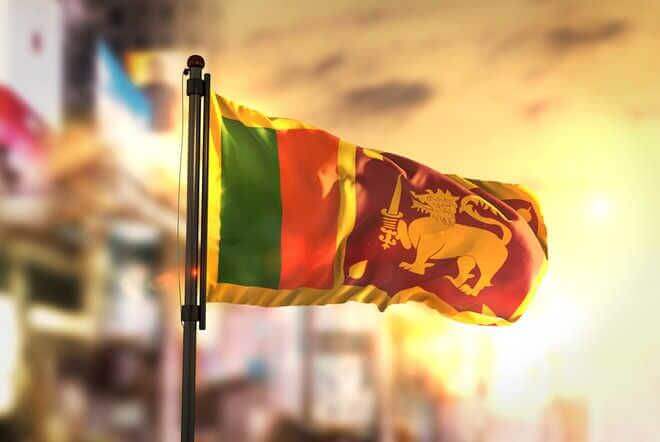The recently concluded 46th Session of the UNHRC ended with 22 nations voting in favor of a UN resolution against Sri Lanka.
The resolution- “Promoting reconciliation, accountability, and human rights in Sri Lanka” calls for a thorough and impartial investigation into war crimes and human rights violations committed during the 3-decade long civil war between the Sri Lankan government and LTTE.
This resolution is based on the 27th January report by the Office of High Commissioner, which warned of Sri Lanka’s failure at addressing human rights violations. This, the report said, could lead to the “recurrence of policies and programs that originally gave rise to the earlier situation”. The report highlighted certain warning signs such as- accelerating militarization of civilian government functions, reversal of constitutional safeguards, political obstruction of accountability, use of anti-terrorism laws , etc- all of which indicate the failure of the Sri Lankan government in addressing the above-stated concerns.
The resolution strengthens the high Commissioner’s capacity to ‘monitor progress on national reconciliation and accountability mechanism and come up with updates by March 2022’. This gives the High Commissioner the power to investigate future war crimes and human rights violations in Sri Lanka as well.
The Sri Lankan government rejected this resolution and called it unjustified and unwarranted. According to its representative, this was a violation of the principles of the UN charter regarding sovereign equality of all Member States and non-interference in national affairs. Calling the resolution “divisive in nature”, Sri Lanka also pointed out that increasing the scope of the High Commissioner’s role based on grounds of ‘emerging trends’ was a dangerous precedent, especially for the Global South.
India’s decision of abstaining from voting was governed by its geopolitical and domestic concerns. Tamil issue has always been a sensitive balancing act for India, as it needs to simultaneously consider its foreign policy stands vis-a-vis Sri Lanka while keeping in mind domestic politics in Tamil Nadu. China’s encroachment into its backyard must also be factored in.
India’s representative highlighted the need for Sri Lankan authorities to launch a thorough investigation while devolving effective rights to the provincial councils (as per the 13th Amendment in the Sri Lankan constitution). India also talked about its development work in the Northern and Eastern provinces in Sri Lanka and its contribution towards the economic revival in these areas.
India’s approach to the Tamil question in Sri Lanka is guided by two mutual goals- The first is of supporting Tamils demands for getting equality, justice and peace. The second is of preserving the sovereignty, territorial integrity and unity of Sri Lanka. The need of the hour according to India is to engage constructively with the international community while promoting human rights and the principles of the UN Charter.
Iqbal Athas, a Sri Lankan political analyst pointed out that while India abstained from voting along with 14 other countries, it supported the basic demand of the resolution.
He also talked about the possible implications of the resolution, especially for Sri Lanka’s economy. Trade, according to him, especially with the EU and US, could get adversely affected. He also said that a rejection of the resolution by Sri Lanka was not a viable option; the government must initiate serious progress before the next meeting to avoid serious sanctions slapped against it.
Voting on such sensitive issues, it seems, is hardly a matter of principle. More often than not, such decisions are guided by foreign policy and geopolitical considerations. This explains why China and Pakistan who want to establish their presence voted against the resolution, while India and Japan abstained. While the former two want a firm in the Indian Ocean and India’s backyard, the latter two want to counteract these ambitions and further their own presence and interests.
The need of the hour is to put aside egos and vested interests and make genuine concerted efforts towards addressing the issue of human rights violations. It must be remembered that the development of any country can only be sustainable when human rights are respected and preserved.



Comments are closed.